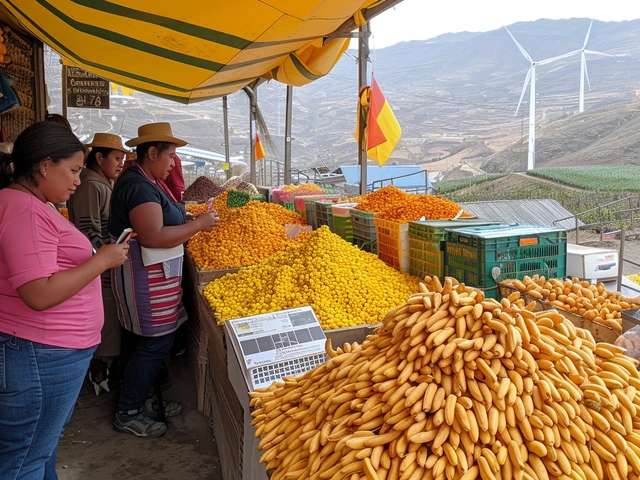Teacher Pay in Ethiopia: What to Expect from Your Salary
If you’re thinking about a teaching career in Ethiopia, you probably have one big question: what’s the pay like for teachers here? Straight up — teacher salaries in Ethiopia are known to be on the lower side compared to international standards, but there’s more to the story than just the numbers. Here’s exactly what you need to know, whether you’re just starting out or considering switching schools or regions.
Most public school teachers in Ethiopia earn salaries that range from about 3,500 to 7,000 ETB per month, depending on experience, education level, and the type of institution. University and private school teachers might bring in more, sometimes two to three times what government primary or secondary school teachers make. Still, these salaries often lag behind the cost of living, especially in bigger cities like Addis Ababa where rent, food, and transport add up fast.
Wonder if you can negotiate? In public schools, salary scales are pretty fixed and are determined by government policy, so there’s not a lot of wiggle room. Private schools and international institutions usually pay better, and they’re more likely to consider your credentials or previous experience for a potential bump in your starting offer.
One real challenge is the difference in pay across regions. For example, a teacher working in rural Amhara or Oromia may make less than someone with the same job in an Addis Ababa private school. But, living outside the city generally means lower living costs, so your salary might stretch further even if the number seems smaller.
If you’re looking for extra income, a lot of teachers take on tutoring, after-school programs, or even translation and language teaching online. With growing internet access and flexible platforms, some are making an extra 2,000–5,000 ETB each month, sometimes more if you teach English or work with international companies.
Many experienced teachers say benefits and bonuses are rare, though some private or NGO-run schools offer things like transportation allowances, holiday pay, or professional development subsidies. Always ask upfront about this when job hunting.
Thinking long-term? Salary increases in public schools come with years of service and extra qualifications. Master’s holders or those taking on administrative duties can see meaningful jumps, but don’t expect windfalls overnight.
All considered, teaching in Ethiopia is about more than just a paycheck. For many, it’s about impact and community, but being wise about where you work and how you supplement your income matters a lot. Whether you want straightforward numbers or practical advice on making the most of your teaching salary, understanding the reality of teacher pay in Ethiopia helps you plan your next steps — and yes, you can make it work with some careful strategy.





